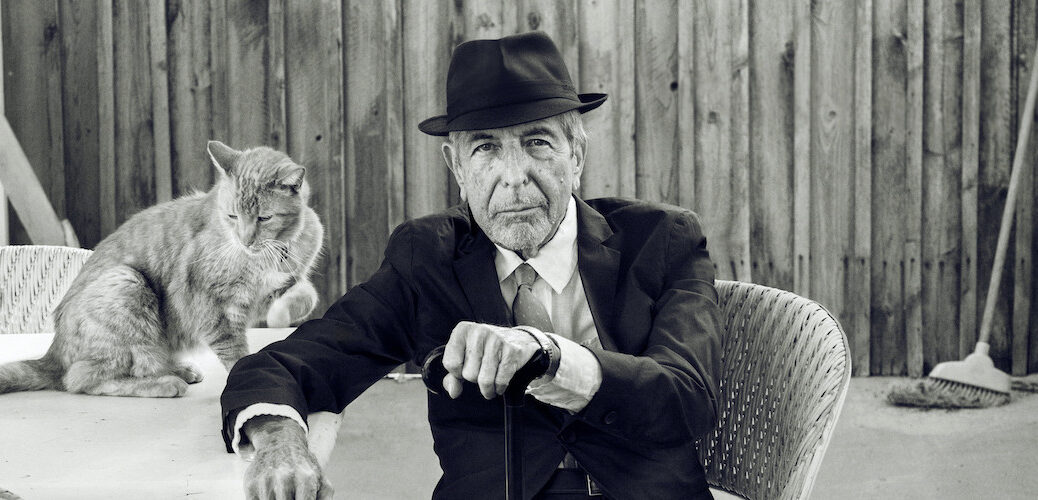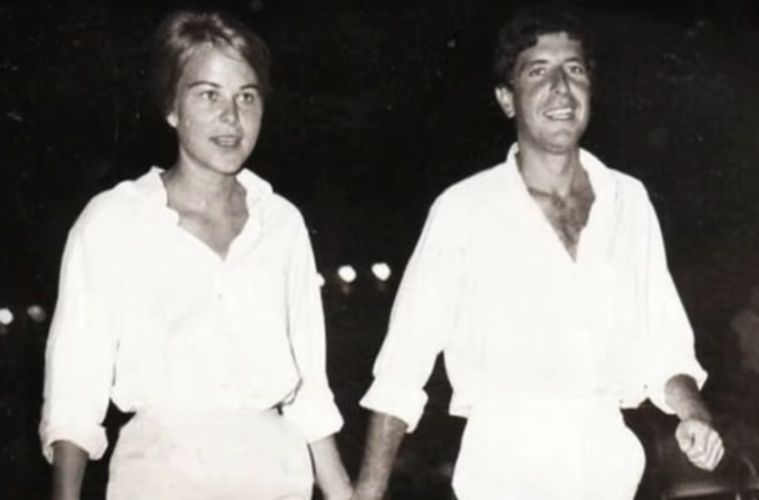Hallelujah: Leonard Cohen, A Journey, A Song
by George Wolf
For longtime fans of Leonard Cohen, the continued pop culture embrace of “Hallelujah” can sometimes feel bittersweet. Other times it just makes you want to scream.
Jeff Buckley didn’t write it! It’s not a Christmas song! And for God’s sake, stop messing with the lyrics!
And even though that’s satisfying to yell when another TV talent show contestant attacks Cohen’s masterpiece with more bluster than feeling, you can’t deny you’re guilty of an equally false claim of ownership. As singer/songwriter Brandi Carlile rightly points out, by now the song “Is its own person. It has a life of its own.”
So, how’d that happen? Back in the early 80s, “Hallelujah” was DOA, buried on a Cohen album that Columbia Records dismissed outright as unworthy to release.
Alan Light first tracked the song’s ascent in his 2012 bestseller “The Holy or the Broken,” and Light serves as a consultant to co-directors Daniel Geller and Dayna Goldfine for their documentary examination. Straddling the line between biopic and expose, the film gives the uninitiated an overview of Cohen’s background while indulging veteran admirers with a deeper dive into his most acclaimed composition.
Geller and Goldfine interview fans, friends and journalists, tracking Cohen’s unique troubadour life alongside the gradual wave of “Hallelujah” cover versions. It seems only right that Bob Dylan was one of the first to recognize the song’s genius, and it’s a treat to hear his interpretation set the stage for the mainstream breakthrough that came via Jeff Buckley and Shrek (John Cale in the film, Rufus Wainwright on the soundtrack).
But the film’s strongest moments come through the intimacy of hearing from Cohen himself, and getting closer to his often tortured songwriting process (“If I knew where songs came from, I would go there more often”). We see notebook after notebook full of lyrics, while handwritten lines appear and disappear as guesses are made as to just how many verses (100? 180?) Cohen wrote for “Hallelujah” alone.
At times Geller and Goldfine lean back on biography just when the musical detective work is cooking, but A Journey, A Song ultimately connects the two with a resonant thread.
Leonard Cohen was a seeker, always striving to reconcile the primal with the spiritual. The process may have taken several years, but he wrote a song that lays that search bare with unparalleled eloquence. And though Cohen himself admitted before his death that “too many people sing it,” Geller and Goldfine are smart enough to include plenty of footage of Cohen performing the song himself, and to close with k.d. lang’s goosebump-time version that Cohen hinted was his favorite.



